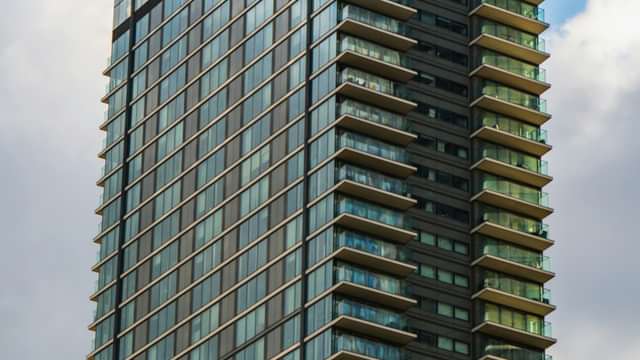The Heat Network (Metering and Billing) Regulations 2014 are bringing in a change of legislation that will affect how tenants of buildings with communal heating systems will be invoiced for their use of heating, cooling and hot water.
Purpose
The legislation is designed to ensure that end-users of heat are only charged for the heating they use.
Who is affected?
The legislation imposes obligations on any supplier of central heating systems. It is wider than previous legislation and includes within the definition of a “supplier” landlords and owners of buildings where heating is supplied from a central source to more than one tenant; for example, shared offices and shopping centres.
It will cover not just landlords who invoice directly for heating charges but also buildings where heating is included within rent or service charge payments.
What does the supplier need to do?
The regulations require that, by 31 December 2015, each supplier must send a notification to the Secretary of State providing estimates of the yearly heat capacity, heat generated and heat supplied for the heat source in question. It will also need to provide the Secretary of State with practical information about the location of the heat supply, the type of building it is situated in and the type of customer supplied. Following the initial notification this information will need to be updated with the Secretary of State every four years.
By 31 December 2016, the supplier must install meters in its building which measure the individual consumption by the end-user. This must be done in all cases unless it is not cost-effective or technically feasible to do so. The regulations contain a test for whether or not it is cost-effective for meters to be installed.
If it is determined that meters do not need to be installed because it is not cost-effective, this must be considered again every four years. In any event the supplier will have to install meters upon any substantial reconstruction of, or installation of new services in, the building.
This will mean that by 31 December 2016 heating for each end-user will be separately metered where possible. The installation of meters furthers the real purpose of the regulations, which is that each end-user will be billed accurately for their own supply of heat, based on actual consumption.
Impact
Non compliance by a supplier is a criminal offence and punishable with a fine of up to £5,000 per offence plus daily penalties of £500 until the breach is remedied. As such there are strong incentives on suppliers to comply with this legislation.
As an end-user, whether the changes will have a positive or negative impact on your bills for heating will depend on the amount of heating being currently used and the way in which heating is being charged for.






















































































